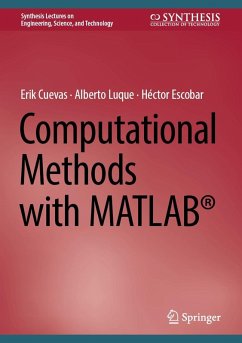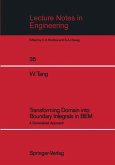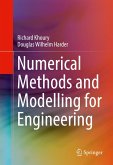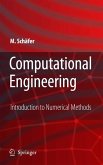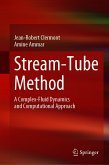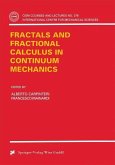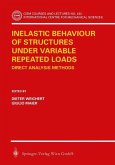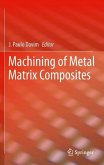This textbook provides readers a comprehensive introduction to numerical methods, using MATLAB®. The authors discuss the theory and application of the most often used numerical methods, using MATLAB as a computational tool. The book is designed to be accessible to readers of varying backgrounds, so the presentation focuses more on the description, implementation, and application of the methods and less on the mathematical details. This book not only covers the most important methods and techniques of scientific computation, but also contains a great amount of code and implementations, facilitating the process of learning and application.
Dieser Download kann aus rechtlichen Gründen nur mit Rechnungsadresse in A, B, BG, CY, CZ, D, DK, EW, E, FIN, F, GR, HR, H, IRL, I, LT, L, LR, M, NL, PL, P, R, S, SLO, SK ausgeliefert werden.

